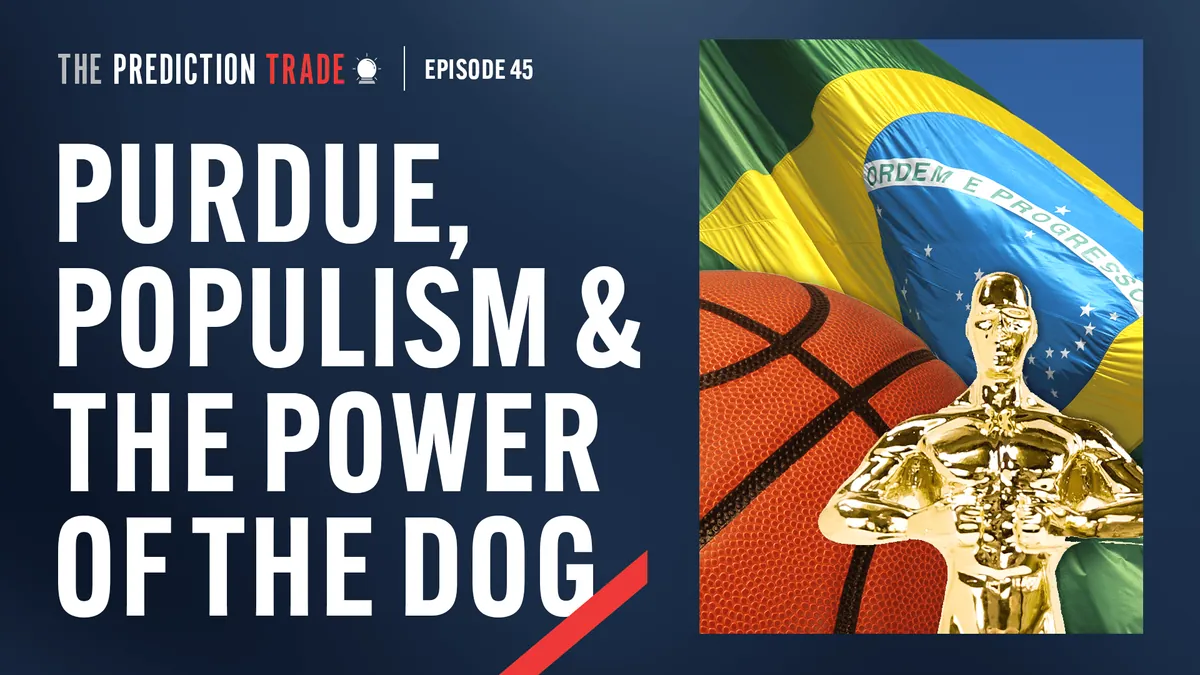The U.S. government has intensified its efforts to curb election betting, igniting a heated debate over the role of prediction markets in democratic processes. The Commodity Futures Trading Commission (CFTC), established in 1974, is spearheading this regulatory push, aiming to prohibit election-related wagers on commercial exchanges under its purview.
Rostin Behnam, the CFTC chairman, has proposed rules that would explicitly outlaw many forms of event contracts, including bets on election outcomes. The agency argues that it lacks the resources to effectively monitor political markets for potential fraud or manipulation.
This crackdown has significant implications for companies like PredictIt and Kalshi, which have been at the forefront of political prediction markets. These platforms, which have roots in the Iowa Electronic Markets founded in 1988, allow users to place bets on various political outcomes.
Tarek Mansour, CEO and founder of Kalshi, defends the practice, stating:
"There is already money in politics. Anyone who actually looks below the surface … comes out thinking these are net positives for society."
However, critics, including Senator Jeff Merkley, express concerns about potential election interference and the influx of more money into an already financially saturated electoral system.
The debate intersects with broader discussions about campaign finance reform and the role of money in politics. With political ad spending expected to exceed $12 billion in 2024, the stakes are high.
Supporters of prediction markets argue that they provide valuable data and insights, sometimes outperforming traditional polling methods. Eric Zitzewitz, a professor of economics at Dartmouth College, notes:
"There's now a big accumulation of evidence that these markets yield prices that are pretty efficient."
The use of cryptocurrency in prediction markets has increased since 2016, adding another layer of complexity to the regulatory landscape. Some users discuss openly how to circumvent geographical restrictions to place bets on unregulated foreign platforms.
As the legal battles continue, with PredictIt and Kalshi challenging the CFTC in court, the future of political prediction markets in the U.S. remains uncertain. The outcome of these cases could have far-reaching implications for the intersection of finance, technology, and democracy in the digital age.
The debate over prediction markets also touches on emerging technologies. The use of artificial intelligence in these markets is an area of ongoing research and development, potentially offering new insights but also raising additional regulatory concerns.
As the 2024 election approaches, the resolution of this regulatory and legal conflict will likely shape the landscape of political forecasting and betting for years to come. The challenge lies in balancing the potential benefits of prediction markets with the need to protect the integrity of the democratic process.
